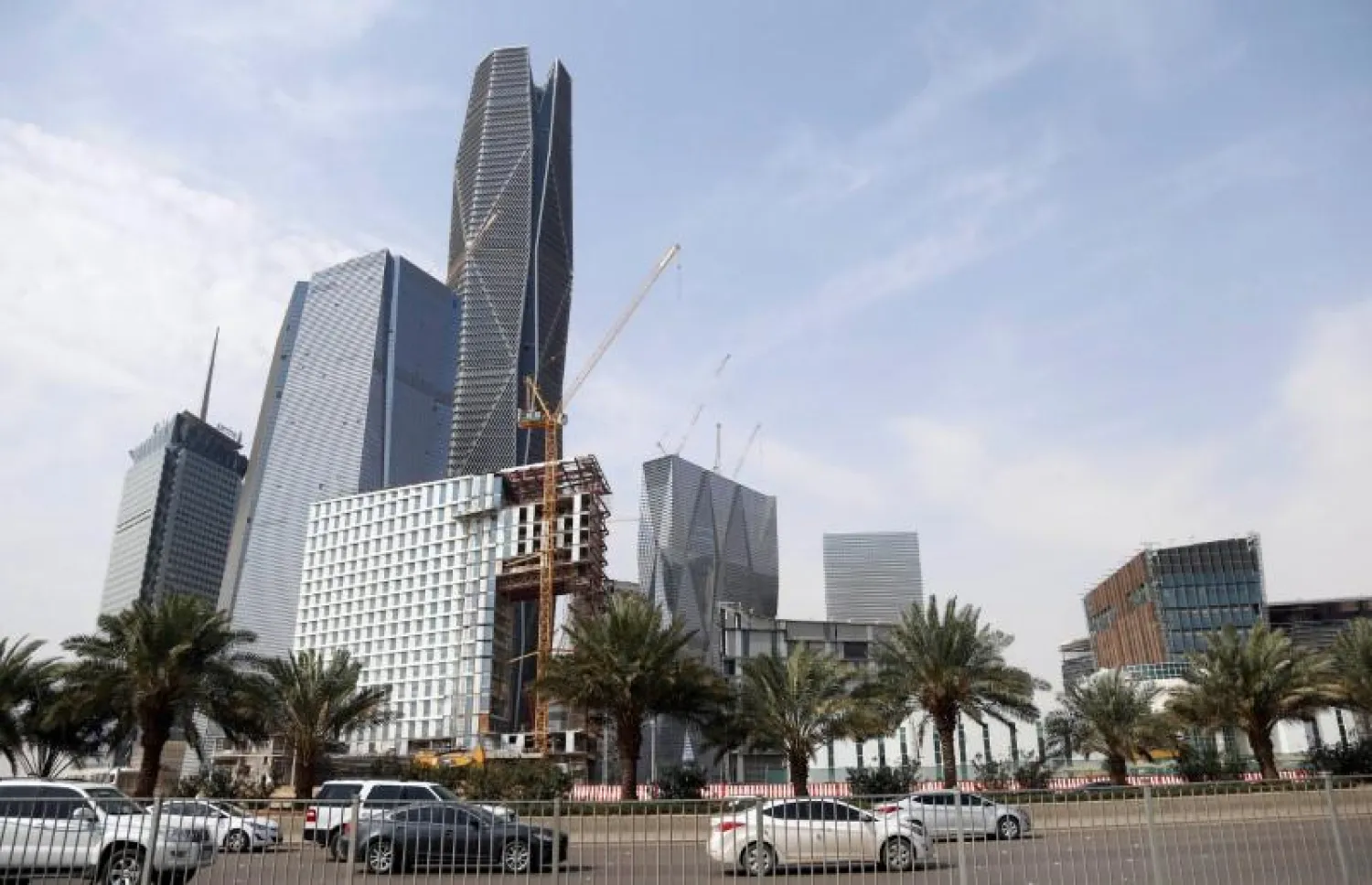The investment climate in Saudi Arabia enjoys an advanced position among world economies. This climate resulted from the record-breaking number of reforms carried out by the kingdom, as part of its pursuit to enhance business climate for small and medium projects.
The report issued by the World Bank Doing Business 2018 confirmed this fact.
The report, released on Thursday, showed that the kingdom conducted six reforms - the highest number of reforms in the MENA in 2017.
The kingdom implemented 30 reforms since 2003, majorly focusing on starting business (seven reforms), real-estate registration (five reforms) and getting credit (four reforms), showed the report. It added that now it takes 18 days to start a business in Riyadh compared to 81.5 days, 15 years ago.
The report revealed that procedures to start business were facilitated through installing an e-system. As for real-estate registration, efficiency in administering lands has been enhanced through developing an e-portal.
Further, protection of minority investment was consolidated through increasing shareholders rights and their role in major decisions, setting conditions to increase transparency and organize disclosure. Also, time required for importing and exporting has been shortened through reducing required documents for the customs.
Rita Ramalho, Acting Director of the World Bank's Global Indicators Group, declared that the completed reforms during the last year are quite comprehensive and they cover six out of 10 fields linked to the business performance used to determine the countries' position.
The kingdom’s performance is considered good in regards to protecting minority’s investors (10th rank worldwide), and it occupies rank 24 as to property registration and rank 38 in granting licenses.
Nader Mohamed, Country Director of the GCC Countries in the MENA region of the World Bank, stated that the huge progress achieved by the kingdom in one year is a proof of the government commitment to reform investment climate.
Mohamed pointed out that the coordinated efforts among governmental parties send a strong indicator for investors interested in the kingdom – he noted that the World Bank is delighted with the foundation in which reforms were based, ensuring that the ambitious vision of the kingdom requires succession and continuity of economic reforms.
He described ongoing reforms that aim at reducing dependency on oil as significant, the thing that demands transferring five percent of Aramco and supporting the Public Investment Fund of Saudi Arabia to become the biggest sovereign fund in the world.









